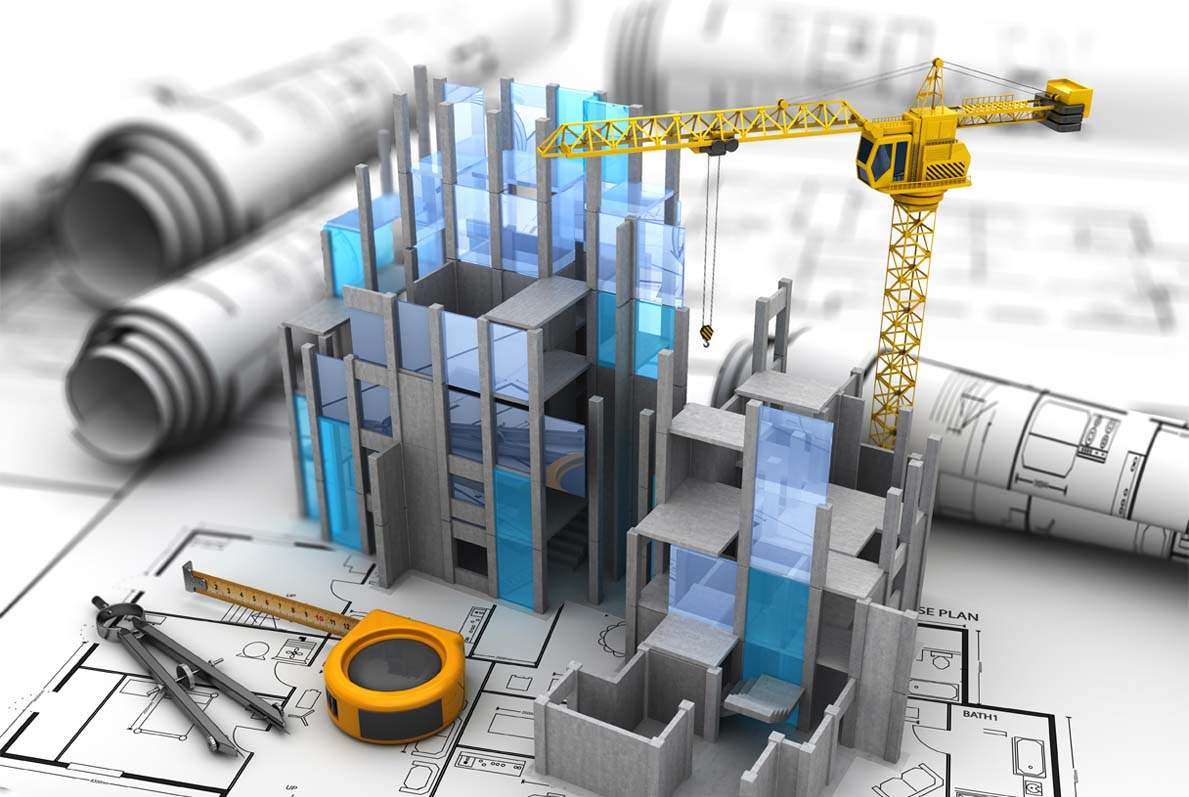Background
As we all know, earth, water, and natural resources contained therein controlled by the State and used as much as possible for the prosperity of the people (society). Land and buildings that build on it, in addition to fulfill the basic need, is also constitutes as profitable investment equipment. In other words, land and building have economic value. Therefore, it is reasonable that for those who obtained the right of land and the buildings to give some of the economic value that obtained, to the State through tax payments, especially Acquisition Levy of Right of Land and Building (“BPHTB”). BPHTB is now regulated in Law Number 21 of 1997 on Acquisition Levy of Right of Land and Building (“Law No.21/1997”), as amended by Law Number 20 of 2000 on Amendment of Law No.21/1997 (“Law No.20/2000”).
BPHTB
According to Law No.20/2000, it is stated that BPHTB taxes are imposed on the acquisition of rights of land and/or building. The subject of BPHTB is the individual or entity who obtained rights of land and/or building. The object of BPHTB is associated with the obtainment of right of land and/or building. The obtainment of right of land and/or building consists of:
a. transfer of right due to: sale and purchase, exchange, grant, grant bequest, inheritance, income in the company or other legal entity, resulted in the separation of rights of passage, the appointment of buyers in the auction, the implementation of judgments that have permanent legal force, mergers, consolidation business, business expansion and gifts.
b. conferral of new right due to the continuation of releasing of right, and other than releasing of right.
The rights of land that are subject to BPHTB are Right of Ownership, Right to Cultivate, Right to Build, Right of Use, Right of Ownership on Strata Title, and Right to Manage.
The taxable objects which are exempted from BPHTB shall be the taxable objects that are obtained by:
a. diplomatic representative, consulate based on reciprocal principle;
b. state for performing governmental duties and or development activity for public interests;
c. international organization or representatives of international organization as stipulated by the Minister Decree provided that they neither run business nor do other activities other than their functions and duties;
d. individual or entity due to right conversion or due to other legal acts without any change of name;
e. individual or entity due to endowments;
f. individual or entity for religious service usage.
Acquisition Value
According to Article 5 of Law No.21/1997, the tax rate of BPHTB is in the amount of 5% (five percent) of Acquisition Value of Taxable Object (“NPOPKP”). NPOPKP is the acquisition value of tax object (“NPOP”) reduced with the Acquisition Value of Non-Taxable Object (“NPOPTKP”).
The base of BPHTB imposement is the NPOP. BPHTB is applied for the transaction that exceeds the NPOPTKP, in which is determined regionally, with the maximum amount of Rp 60.000.000,- (sixty million Rupiah), with the exception of the acquisition of rights due to inheritance, gift, bequest which received by person/individual in the direct lineage one degree up or down with the grantor, including husband or wife, in which that the NPOPTKP is regionally determined with the maximum amount of Rp 300.000.000,- (three hundred million Rupiah).
The amount payable of BPHTB is calculated by multiplying the tax rate of BPHTB with NPOPKP.

